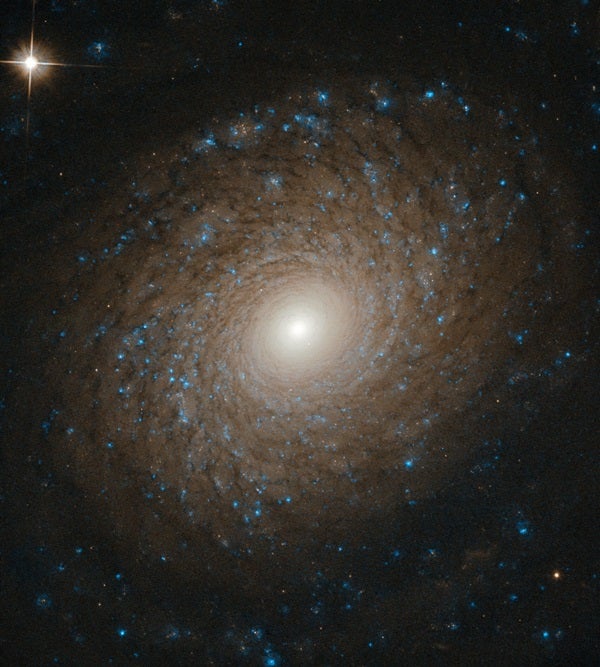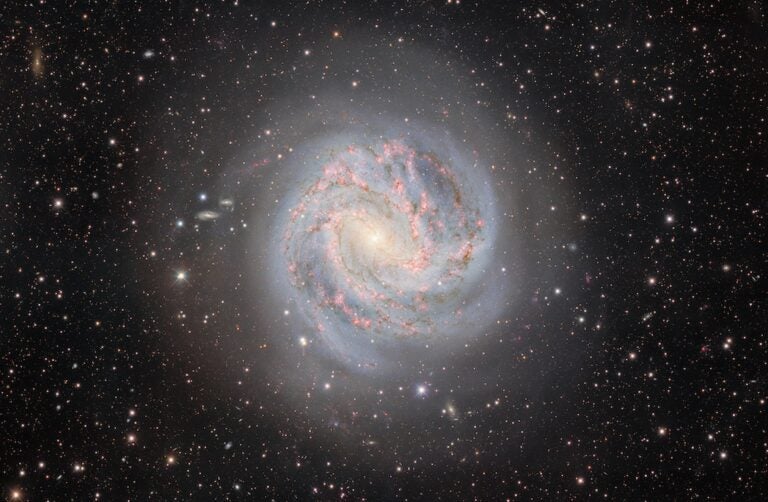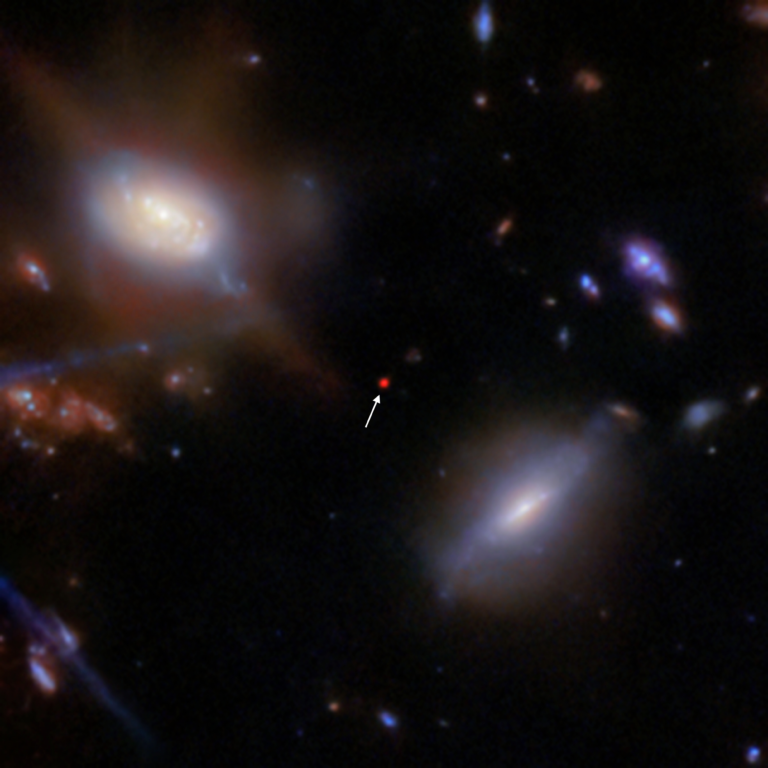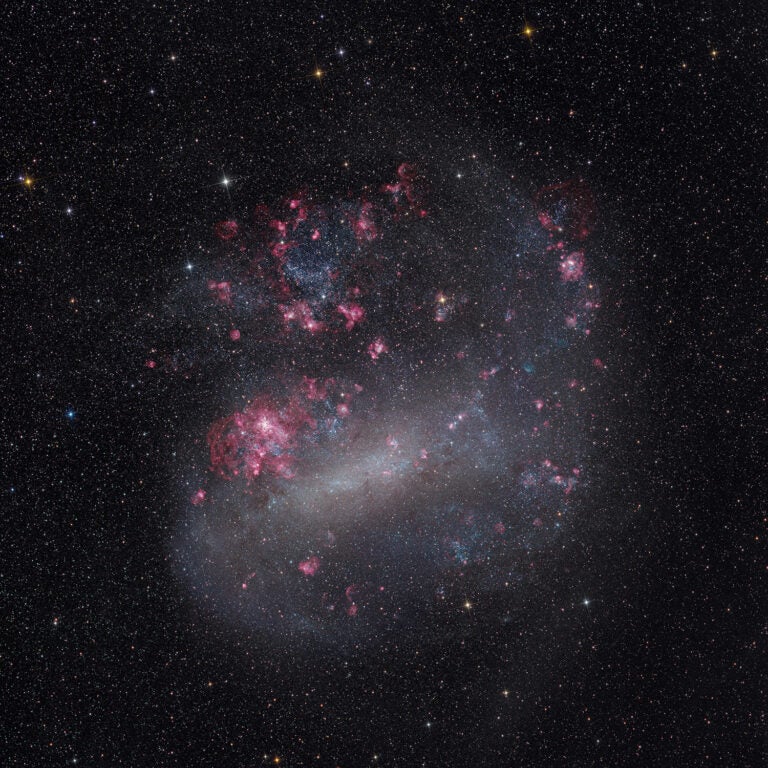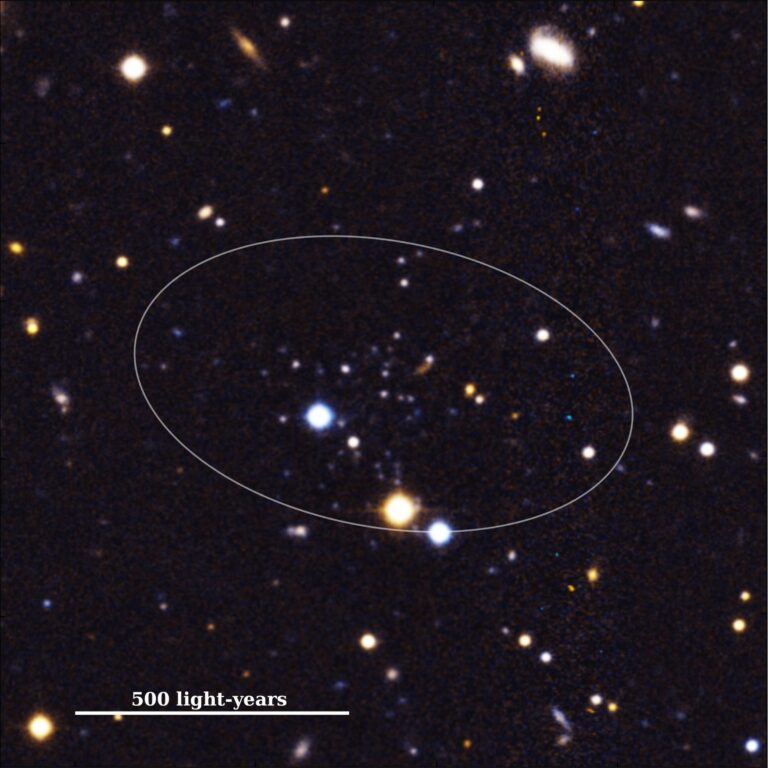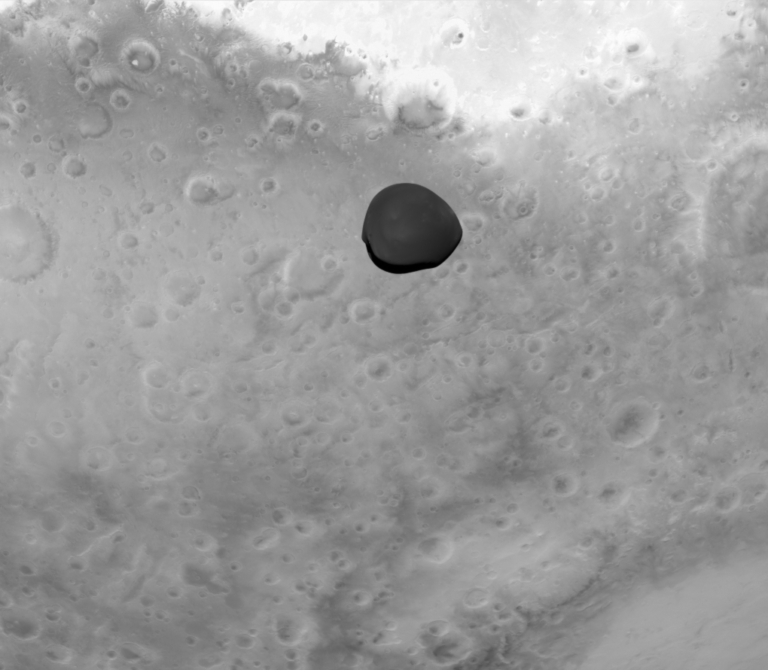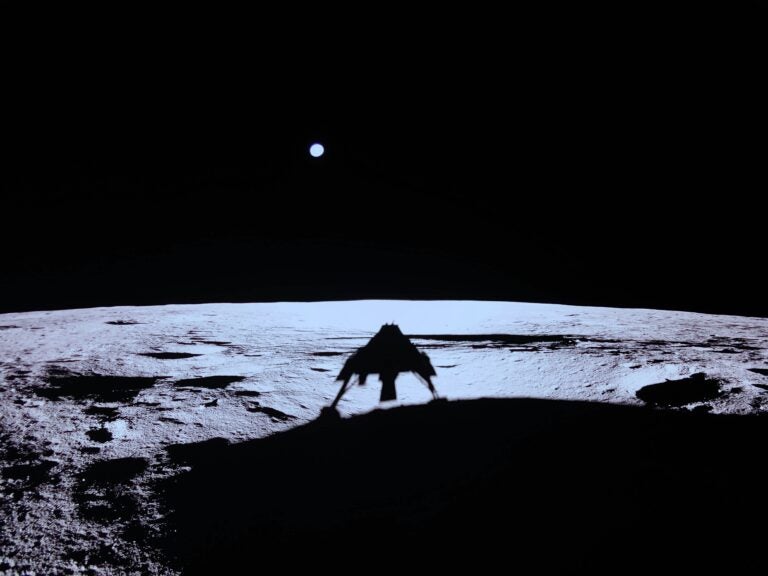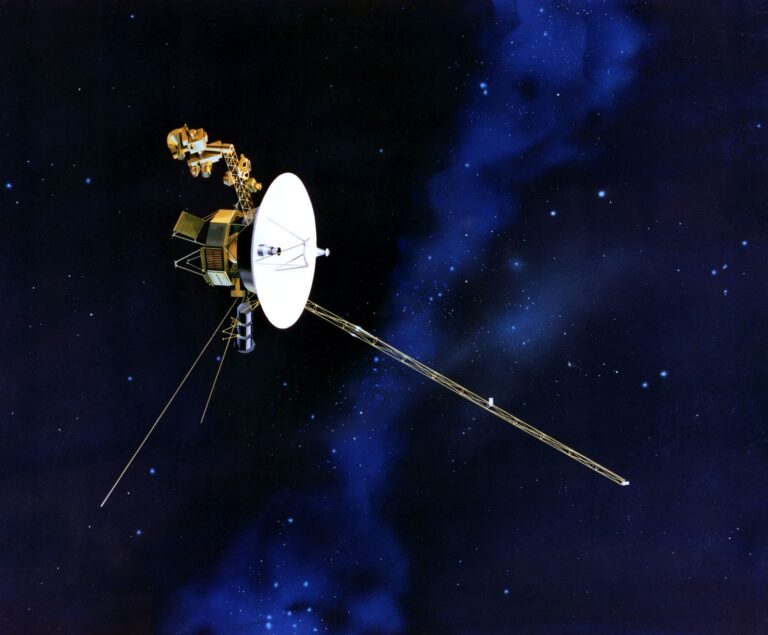NASA’s Hubble Space Telescope just shed new light on galaxy NGC 2985, which the spacecraft focused in on from over 70 million light-years away. A nearly symmetrical spiral, the galaxy sits in the constellation Ursa Major, also known as the Great Bear. You can pick out the blue stars that dot its spiral arms, stretching out across the span of NGC 2985.
Spiral galaxies are very common, but nearly symmetrical ones are rare. Over the course of their evolution, spirals merge with their neighbors, usually forming brand new ones that don’t resemble the originals. For example, 10 billion years ago, our own Milky Way collided with another galaxy, helping morph it into its almost mirrorlike symmetry.

